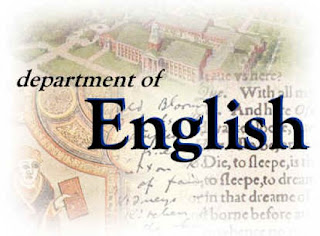Vocabulary
Vocabulary This comprehensive section aims to enhance learners’ vocabulary and understanding of word usage in English. It covers various aspects of vocabulary building, including definitions, expressions, single-word substitutions, synonyms, antonyms, idioms, and phrases. 1. Definition of Words This subsection likely provides concise definitions for a selection of words, aiding learners in grasping their precise meanings. […]




